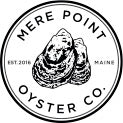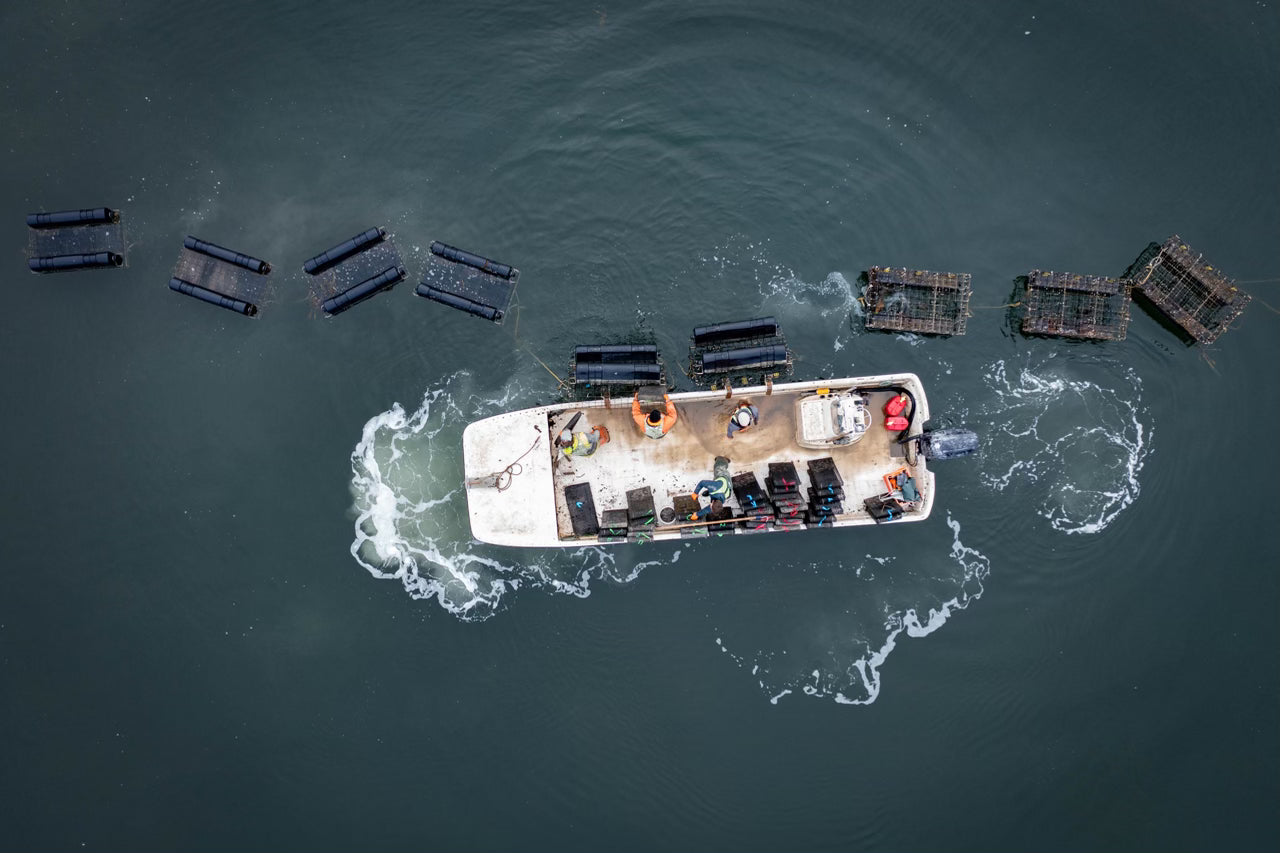Research
From the very beginning (2016), we have been collaborating with scientists, educators, community leaders and government officials to collect, monitor, and analyze ocean conditions. This includes experts from groups like the Friends of Casco Bay and the Gulf of Maine Research Institute as well as neighboring oyster farmers.
Our oceans are changing and it is critical to be aware of how these changes can impact our coast.
Gulf of Maine waters are warming faster than 99.85% of the rest of the world’s oceans. That puts local traditional coastal fisheries such as clamming and lobstering in jeopardy. It is critical to find ways that our working waterfronts can adapt such as undertaking small-scale aquaculture projects.
In order to make this information the most useful, we have been coordinating monitoring protocols with other oyster farms, the state of Maine and non-profit organizations such as The Maine Ocean and Coastal Acidification Partnership, a volunteer partnership working to coordinate research, education and outreach on acidification in Maine. By working together, we can collect data on critical environmental parameters that pertain to changing ocean environments.
Currently we are working with The Nature Conservancy in New Hampshire to supply surplus farmed oysters and use them in nearby oyster restoration projects. Did you know that a healthy adult oyster can filter approximately 50 gallons of water a day? They may be delicious but they are also an important part of our coastal waters.
We are constantly conducting research into the possibilities of growing other types of shellfish. These beauties bays provide potential to grow sea scallops, quahogs, blue mussels as well as several species of seaweed. We experiment with different growing techniques and collaborate with other shellfish farmers to learn from their experiences.
In the future, we hope to expand our aquaculture research to include education efforts as well. We have plans of including institutions like the Brunswick School Districtrict, Bowdoin College and the University of New England in our efforts to better out coastal ecosystems.
It is a priority for our business and for us personally to make sure Maquoit and Mere Point Bays are healthy for oyster aquaculture and for all marine life. Contributing to research on our changing oceans is just one way to do that.

